Male-centered Titles
입력 2019.01.23 (15:36)
수정 2019.01.23 (15:49)
읽어주기 기능은 크롬기반의
브라우저에서만 사용하실 수 있습니다.
[Anchor Lead]
The way in which how Koreans address family members and relatives is brewing a time old controversy, because of the apparent discrimination in honorific terms. The younger siblings of the husband are addressed in honorific titles while this is not the case when the husband addresses the younger siblings of his wife. Many Koreans want the current male-centered language changed but it's not an easy task and the government is set to address the issue.
[Pkg]
There are gender differences in the Korean language when it comes to family titles. Many argue there should be no such gender discrimination embedded in the titles but finding alternative expressions is neither easy.
[Soundbite] Hyeon So-hee(Dongjak-gu Dist., Seoul) : "In my family, we use the common titles of respect for my brother-in-laws such as ‘doryeonnim’ very naturally because there's really no other alternative."
Some offer the opinion that for fairness, we should get rid of titles altogether and just use the person's name instead for everyone.
[Soundbite] Park Se-seung(Gangnam-gu Dist., Seoul) : "I believe customs from the male authoritarian era should disappear. We should call each other's name for respect."
[Soundbite] Lee Hyun-gyung(Dongdaemun-gu Dist., Seoul) : "My parents-in-law call me by my name and my parents also call my husband by his name. I think this makes everyone feel they are on a level playing field."
The Ministry of Gender Equality and Family has drafted a basic plan to promote healthy families. Under the plan, it will seek ways to tackle the asymmetry in family titles given to male versus female relatives.
[Soundbite] Lee Seung-wuk(Ministry of Gender Equality and Family) : "Language is not something the government can change by force. We aim for a social discussion through surveys or public hearings."
In a survey by the Anti-Corruption & Civil Rights Commission, 93% of women and 57% of men agreed that honorific terms such as "Do-ryeon-nim" for men and "A-ga-ssi" for women only given to the siblings of the husband should be rectified. The National Institute of the Korean Language will publish a revised guideline on standard language manners next month, which will include some new titles for family members that can serve as alternatives.
The way in which how Koreans address family members and relatives is brewing a time old controversy, because of the apparent discrimination in honorific terms. The younger siblings of the husband are addressed in honorific titles while this is not the case when the husband addresses the younger siblings of his wife. Many Koreans want the current male-centered language changed but it's not an easy task and the government is set to address the issue.
[Pkg]
There are gender differences in the Korean language when it comes to family titles. Many argue there should be no such gender discrimination embedded in the titles but finding alternative expressions is neither easy.
[Soundbite] Hyeon So-hee(Dongjak-gu Dist., Seoul) : "In my family, we use the common titles of respect for my brother-in-laws such as ‘doryeonnim’ very naturally because there's really no other alternative."
Some offer the opinion that for fairness, we should get rid of titles altogether and just use the person's name instead for everyone.
[Soundbite] Park Se-seung(Gangnam-gu Dist., Seoul) : "I believe customs from the male authoritarian era should disappear. We should call each other's name for respect."
[Soundbite] Lee Hyun-gyung(Dongdaemun-gu Dist., Seoul) : "My parents-in-law call me by my name and my parents also call my husband by his name. I think this makes everyone feel they are on a level playing field."
The Ministry of Gender Equality and Family has drafted a basic plan to promote healthy families. Under the plan, it will seek ways to tackle the asymmetry in family titles given to male versus female relatives.
[Soundbite] Lee Seung-wuk(Ministry of Gender Equality and Family) : "Language is not something the government can change by force. We aim for a social discussion through surveys or public hearings."
In a survey by the Anti-Corruption & Civil Rights Commission, 93% of women and 57% of men agreed that honorific terms such as "Do-ryeon-nim" for men and "A-ga-ssi" for women only given to the siblings of the husband should be rectified. The National Institute of the Korean Language will publish a revised guideline on standard language manners next month, which will include some new titles for family members that can serve as alternatives.
■ 제보하기
▷ 카카오톡 : 'KBS제보' 검색, 채널 추가
▷ 전화 : 02-781-1234, 4444
▷ 이메일 : kbs1234@kbs.co.kr
▷ 유튜브, 네이버, 카카오에서도 KBS뉴스를 구독해주세요!
- Male-centered Titles
-
- 입력 2019-01-23 15:38:58
- 수정2019-01-23 15:49:13
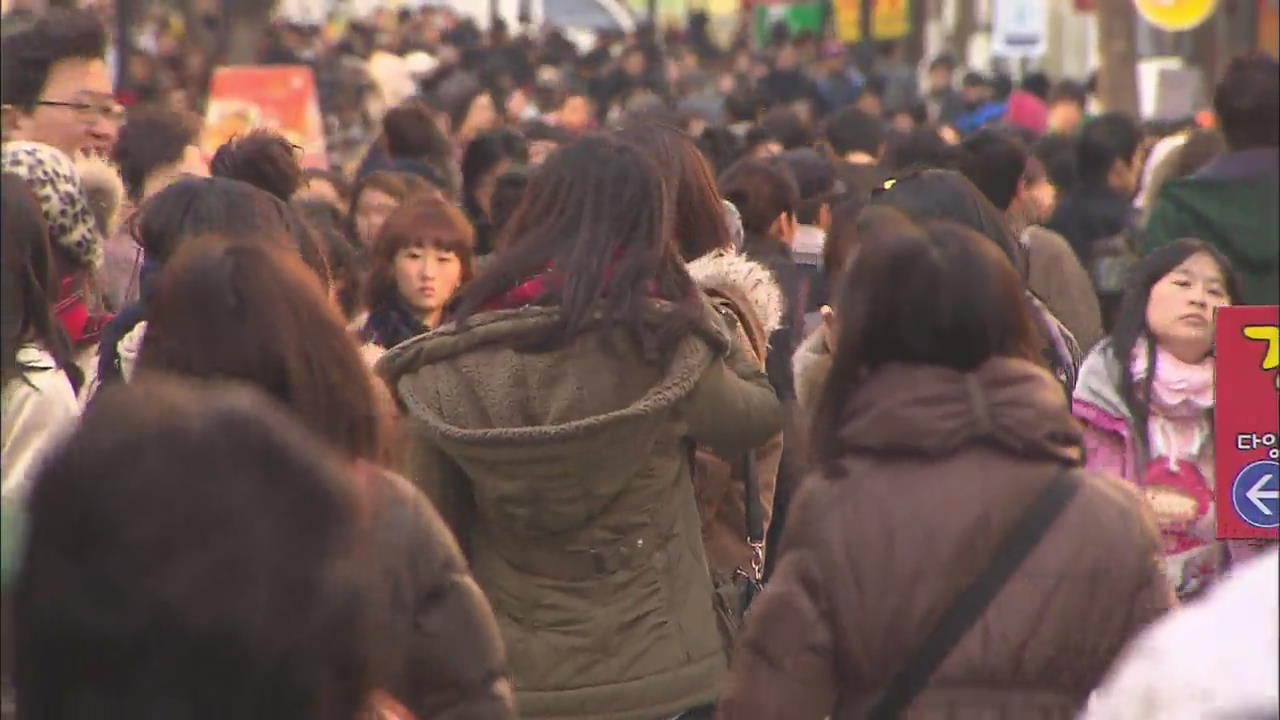
[Anchor Lead]
The way in which how Koreans address family members and relatives is brewing a time old controversy, because of the apparent discrimination in honorific terms. The younger siblings of the husband are addressed in honorific titles while this is not the case when the husband addresses the younger siblings of his wife. Many Koreans want the current male-centered language changed but it's not an easy task and the government is set to address the issue.
[Pkg]
There are gender differences in the Korean language when it comes to family titles. Many argue there should be no such gender discrimination embedded in the titles but finding alternative expressions is neither easy.
[Soundbite] Hyeon So-hee(Dongjak-gu Dist., Seoul) : "In my family, we use the common titles of respect for my brother-in-laws such as ‘doryeonnim’ very naturally because there's really no other alternative."
Some offer the opinion that for fairness, we should get rid of titles altogether and just use the person's name instead for everyone.
[Soundbite] Park Se-seung(Gangnam-gu Dist., Seoul) : "I believe customs from the male authoritarian era should disappear. We should call each other's name for respect."
[Soundbite] Lee Hyun-gyung(Dongdaemun-gu Dist., Seoul) : "My parents-in-law call me by my name and my parents also call my husband by his name. I think this makes everyone feel they are on a level playing field."
The Ministry of Gender Equality and Family has drafted a basic plan to promote healthy families. Under the plan, it will seek ways to tackle the asymmetry in family titles given to male versus female relatives.
[Soundbite] Lee Seung-wuk(Ministry of Gender Equality and Family) : "Language is not something the government can change by force. We aim for a social discussion through surveys or public hearings."
In a survey by the Anti-Corruption & Civil Rights Commission, 93% of women and 57% of men agreed that honorific terms such as "Do-ryeon-nim" for men and "A-ga-ssi" for women only given to the siblings of the husband should be rectified. The National Institute of the Korean Language will publish a revised guideline on standard language manners next month, which will include some new titles for family members that can serve as alternatives.
The way in which how Koreans address family members and relatives is brewing a time old controversy, because of the apparent discrimination in honorific terms. The younger siblings of the husband are addressed in honorific titles while this is not the case when the husband addresses the younger siblings of his wife. Many Koreans want the current male-centered language changed but it's not an easy task and the government is set to address the issue.
[Pkg]
There are gender differences in the Korean language when it comes to family titles. Many argue there should be no such gender discrimination embedded in the titles but finding alternative expressions is neither easy.
[Soundbite] Hyeon So-hee(Dongjak-gu Dist., Seoul) : "In my family, we use the common titles of respect for my brother-in-laws such as ‘doryeonnim’ very naturally because there's really no other alternative."
Some offer the opinion that for fairness, we should get rid of titles altogether and just use the person's name instead for everyone.
[Soundbite] Park Se-seung(Gangnam-gu Dist., Seoul) : "I believe customs from the male authoritarian era should disappear. We should call each other's name for respect."
[Soundbite] Lee Hyun-gyung(Dongdaemun-gu Dist., Seoul) : "My parents-in-law call me by my name and my parents also call my husband by his name. I think this makes everyone feel they are on a level playing field."
The Ministry of Gender Equality and Family has drafted a basic plan to promote healthy families. Under the plan, it will seek ways to tackle the asymmetry in family titles given to male versus female relatives.
[Soundbite] Lee Seung-wuk(Ministry of Gender Equality and Family) : "Language is not something the government can change by force. We aim for a social discussion through surveys or public hearings."
In a survey by the Anti-Corruption & Civil Rights Commission, 93% of women and 57% of men agreed that honorific terms such as "Do-ryeon-nim" for men and "A-ga-ssi" for women only given to the siblings of the husband should be rectified. The National Institute of the Korean Language will publish a revised guideline on standard language manners next month, which will include some new titles for family members that can serve as alternatives.
이 기사가 좋으셨다면
-
좋아요
0
-
응원해요
0
-
후속 원해요
0











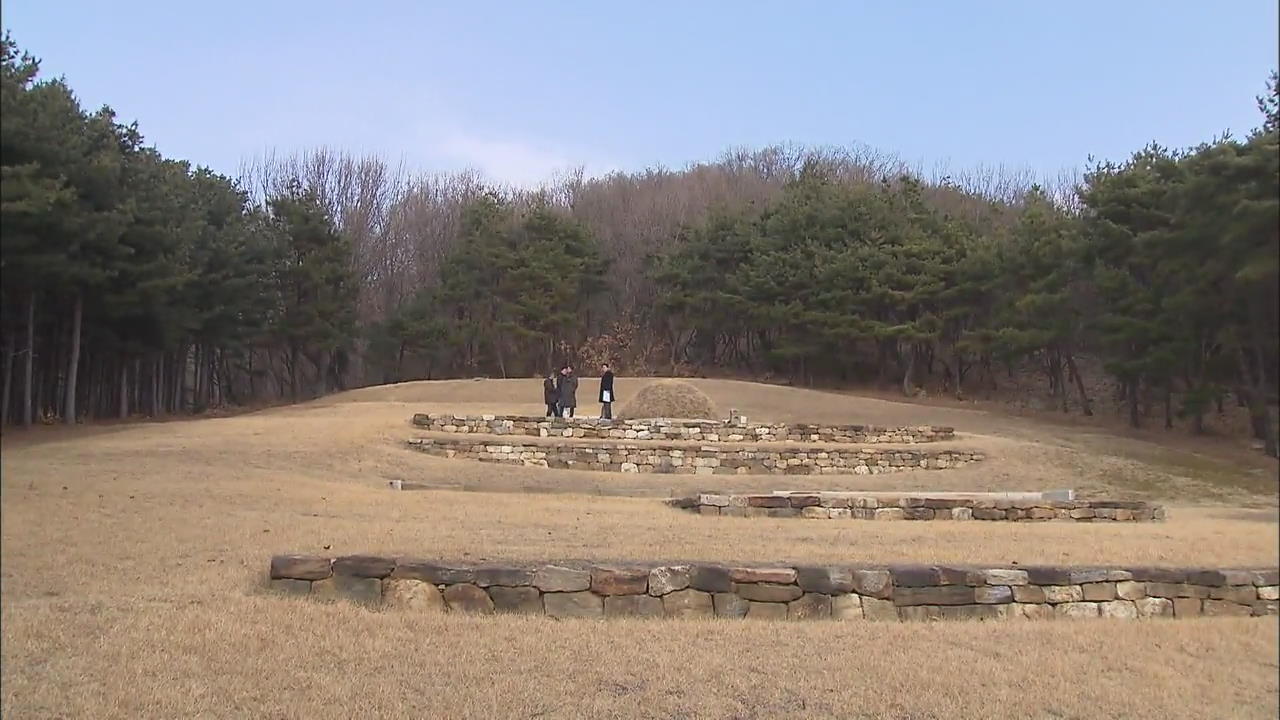
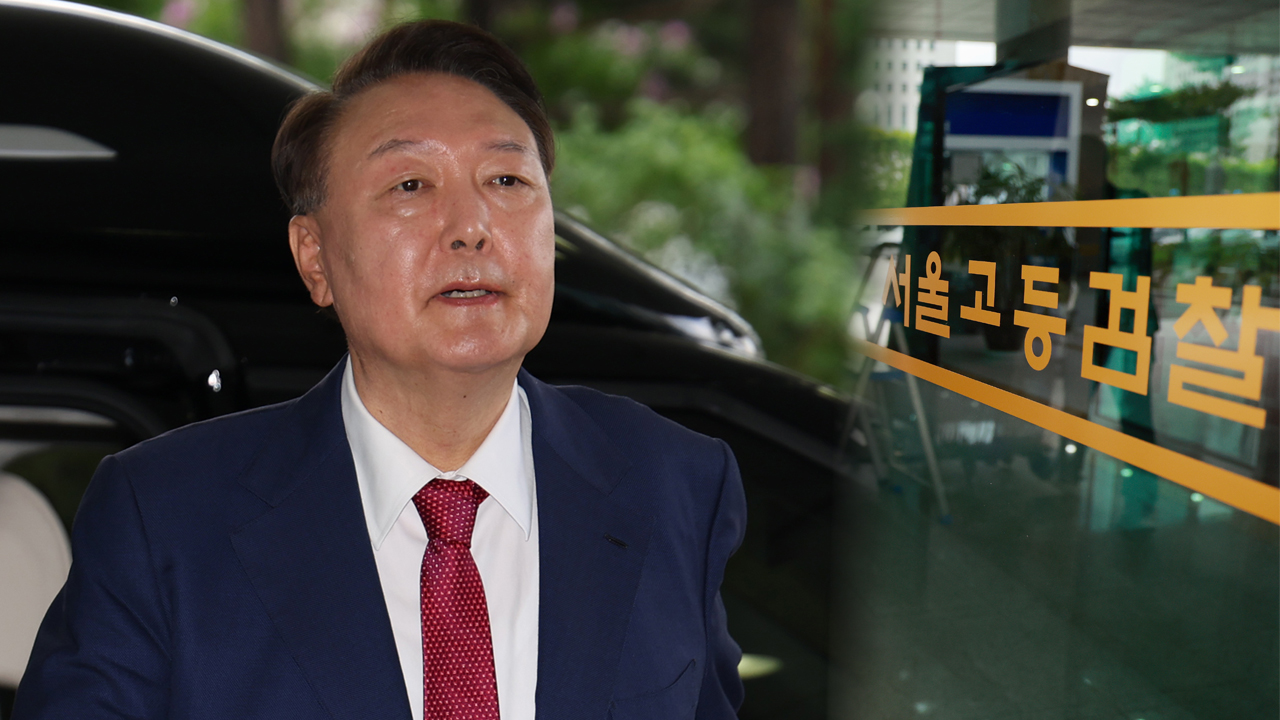
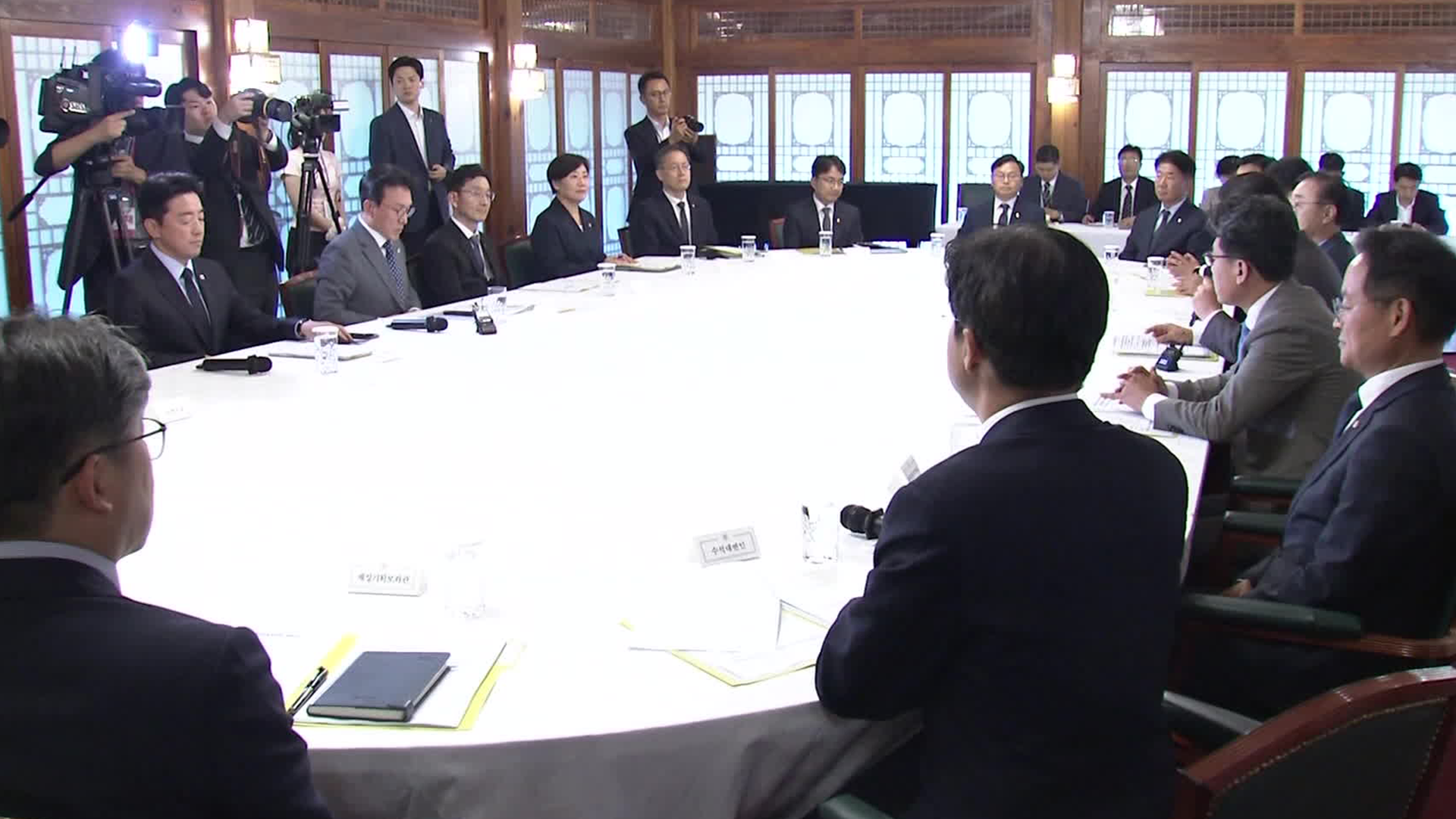
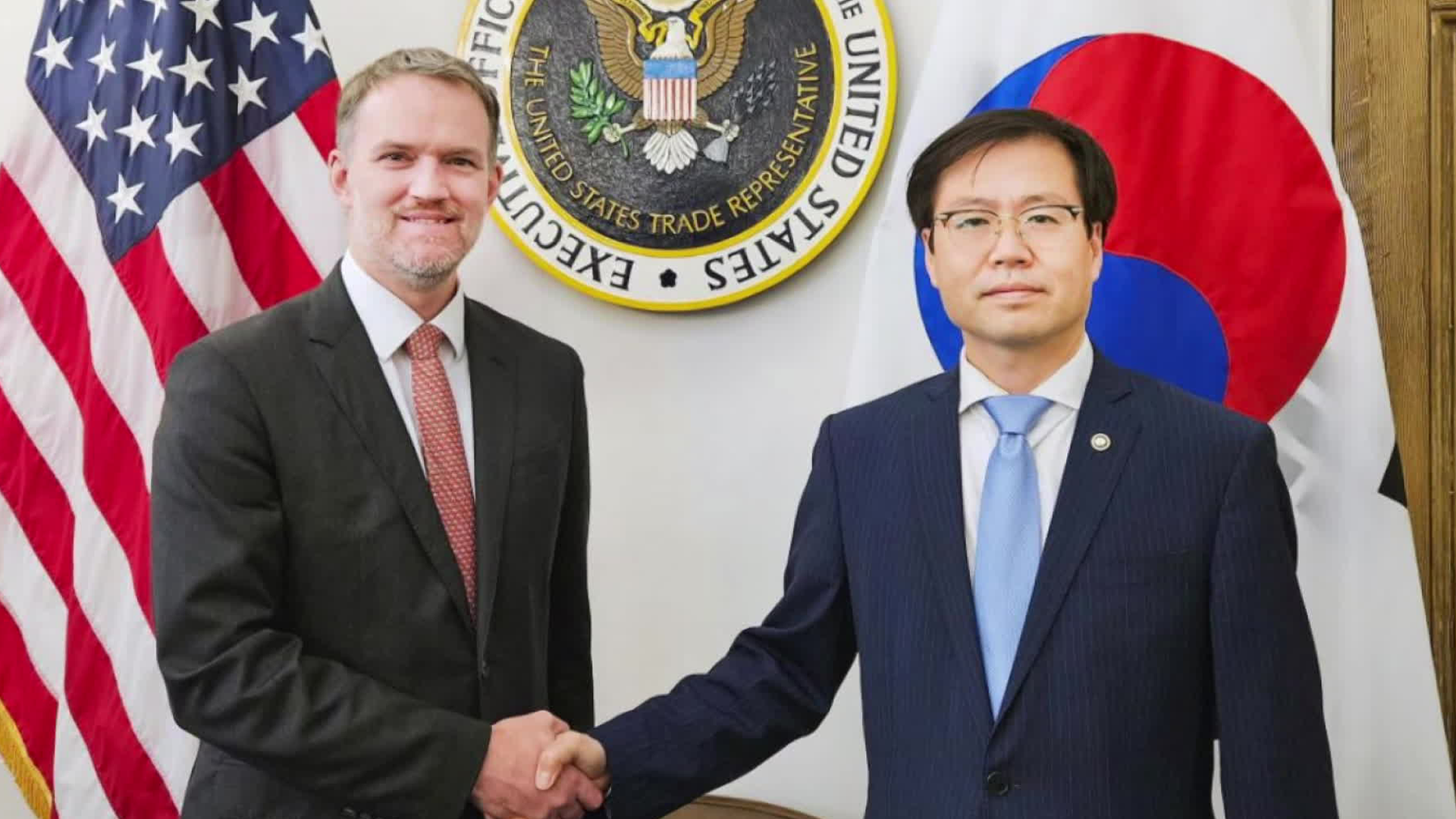


이 기사에 대한 의견을 남겨주세요.